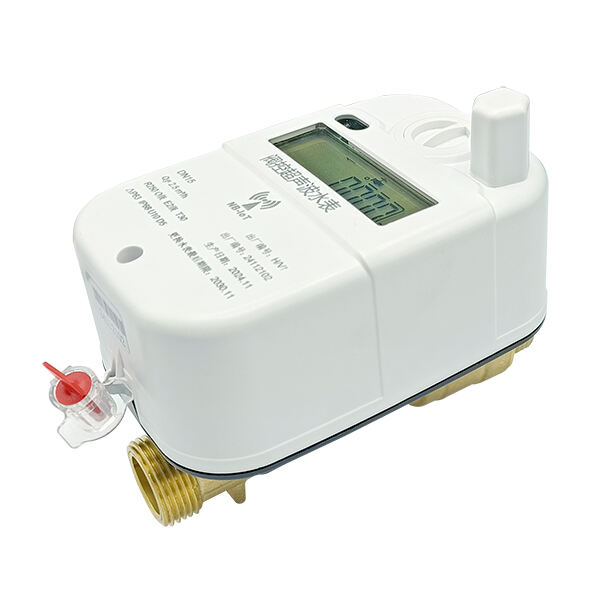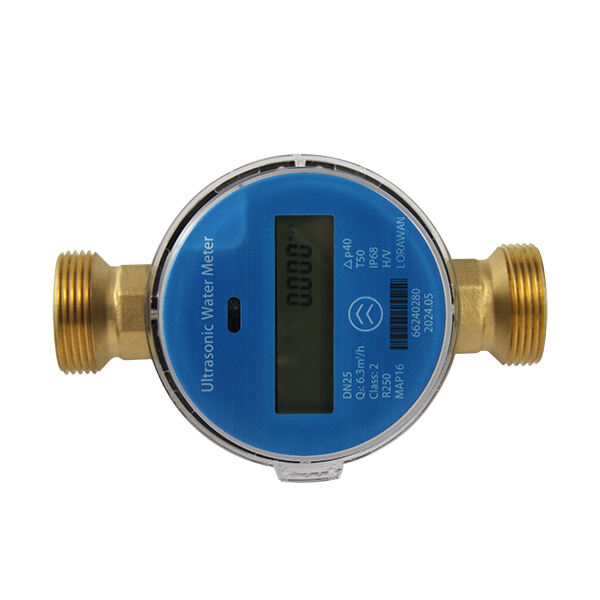
Безінвазивне вимірювання потоку разом із дуальними датчиками температури Pt1000 забезпечує відмінну точність читань для ультразвукових теплових лічильників. Навіть при низьких або турбулентних умовах потоку, мікропроцесор обчислює теплову енергію з невизначеністю ≤2% (Клас 2 за EN1434), реалізуючи алгоритми валідації даних у режимі реального часу для виявлення аномалій та забезпечення контролю з часовою маркою. Такий рівень точності є критичним для чесного обліку, енергетичних аудитів, виконання регуляцій системи центрального опалення та планування ресурсів підприємства.
